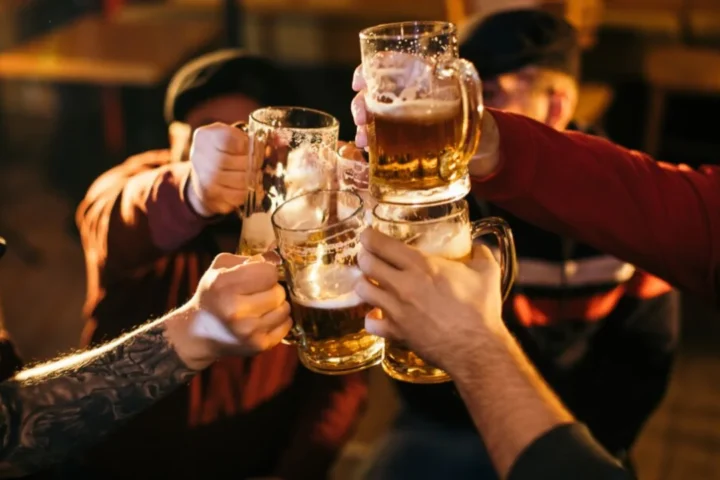Contrary to the long-held belief that our brains stop evolving as we age, recent studies have shed light on the remarkable concept of neuroplasticity. This phenomenon reveals that our brains are more akin to plastic, constantly molding and adapting. Neuroplasticity means our brains possess the ability to reshape themselves in response to new experiences and learning. In essence, our brains evolve over time, challenging the notion that you can’t teach an old dog new tricks.
The Power of Brain Evolution
Learning new skills triggers profound changes in the size and structure of the brain, providing tangible evidence of its incredible capacity for evolution. These transformations demonstrate that active engagement with your brain can not only enhance your cognitive abilities but also play a pivotal role in preventing or delaying degenerative brain diseases.
Habit 1-Focusing on What You Control
One pivotal habit that can significantly impact brain evolution is focusing on what you control. It’s human nature to become agitated about external factors beyond our control, such as politics or the weather. Yet, as Stoic philosopher Epictetus noted, we have the power to choose how we react. Redirecting your energy and attention toward aspects you can control, such as skill development or innovative problem-solving, is a fundamental step in rewiring your brain.
Habit 2 -Meditate and Be Present
Mindfulness meditation has been shown to exert a remarkable influence on brain plasticity. It has the potential to reduce the size of the amygdala, a part of the brain associated with stress responses. Furthermore, meditation enhances one’s capacity to exert control over their thoughts. This, in turn, helps prevent the entrapment of negative thinking patterns and promotes a state of presence.
Habit 3- Exercise Daily
Combining regular exercise with meditation has a potent impact on brain plasticity. Scientific evidence has revealed that exercise can enhance the brain’s ability to learn new skills and maintain cognitive health. By mirroring the movement patterns of our ancestors, who were hunters and gatherers, we can promote physical and mental well-being. This means daily walks, occasional runs, and even sprinting can be beneficial in maintaining brain plasticity and boosting overall happiness.
Small Habits, Big Returns
In a world that often encourages monumental actions and instant results, the significance of small daily habits cannot be underestimated. By focusing on your daily rituals and the way you engage with life, you can not only work toward your personal goals but also positively influence the world around you and the people in your life. The power of small actions and the habits you cultivate should not be underestimated when it comes to creating meaningful change.







